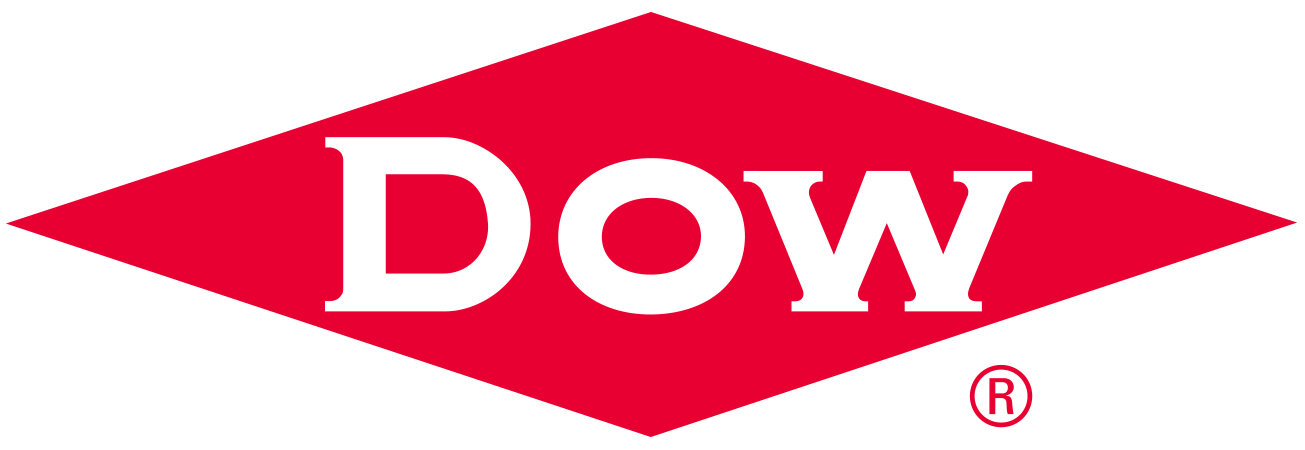AIA Continental Europe - Virtual Case Study Series
Realistic Solutions to Lower CO2 Emissions from Cement-Based Materials
When: Thursday 31 March 2022 @ 13:00 (Eastern US Time)/ 19:00 (Central European time)
CES Credits - Estimated 1.0 LU/ HSW for AIA Members
Speaker - Dr. Karen Scrivener, Professor and Head of Construction Materials Laboratory, EPFL
Description
AIA Continental Europe is excited to host its first Virtual Case Study event on March 31st at 19:00 CET, featuring Dr. Karen Scrivener.
Increasing attention is focusing on the CO2 associated with construction. Worldwide around 20% - 25% of emissions can be linked to construction and about one third of these come from cement. However, cement as used in concrete has lower emissions than almost any other building material – the high impact comes only from the enormous amounts used. This talk will focus on practical possibilities to reduce these emissions, which can be implemented worldwide and at large scale. One of the two most important possibilities is the potential to replace a large part of clinker with a combination of calcined clay and limestone in LC3 technology. The other is to move towards more industrial ways of producing concrete in ready mix plants, rather than on-site mixing from cement in bags.
Speaker Bio
Dr. Karen Scrivener obtained her PhD at Imperial College in 1984. She worked for Lafarge in France for 6 years, before being appointed Professor and Head of the Laboratory of Construction Materials, at EPFL, Switzerland in 2001. In 2003 she founded the research network Nanocem bringing together the leading Industrial companies (Cement and admixtures) with European academic institutes to do research on Cementitious Materials. Her research focuses on understanding the chemistry and microstructure of cement-based materials and improving their sustainability. In 2008, she came up with the idea for LC3 cement; this material has the potential to cut CO2 emissions related to cement by more than 400 million tonnes a year. She was made a fellow of the UK Royal Academy of Engineering in 2014.
Registration is free. Sign up today!







